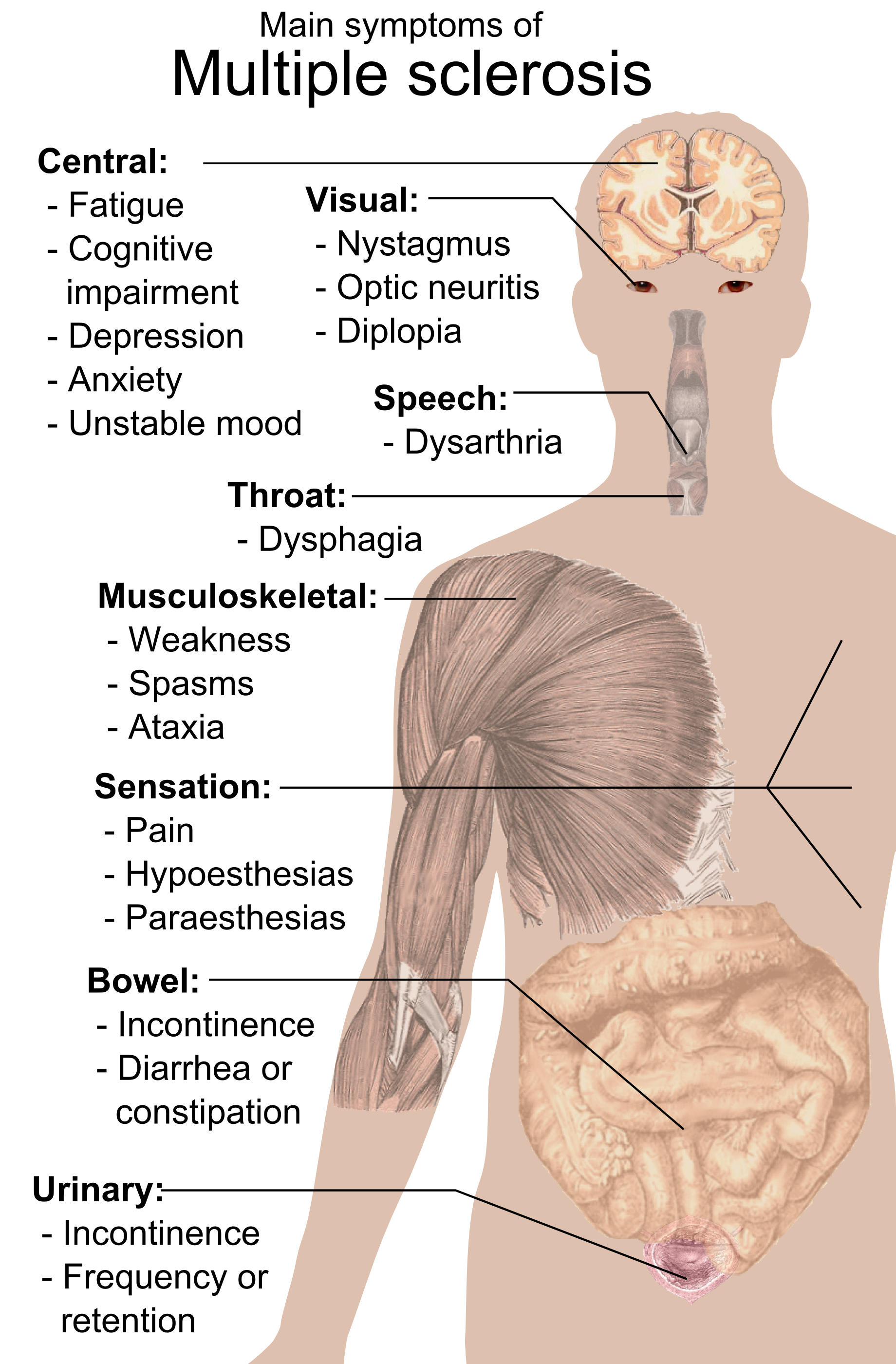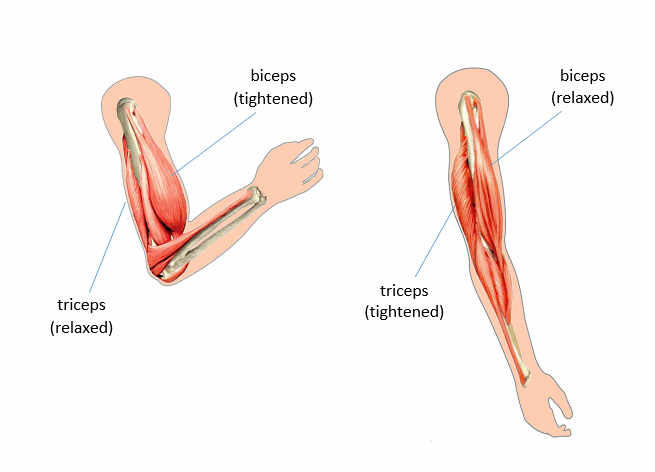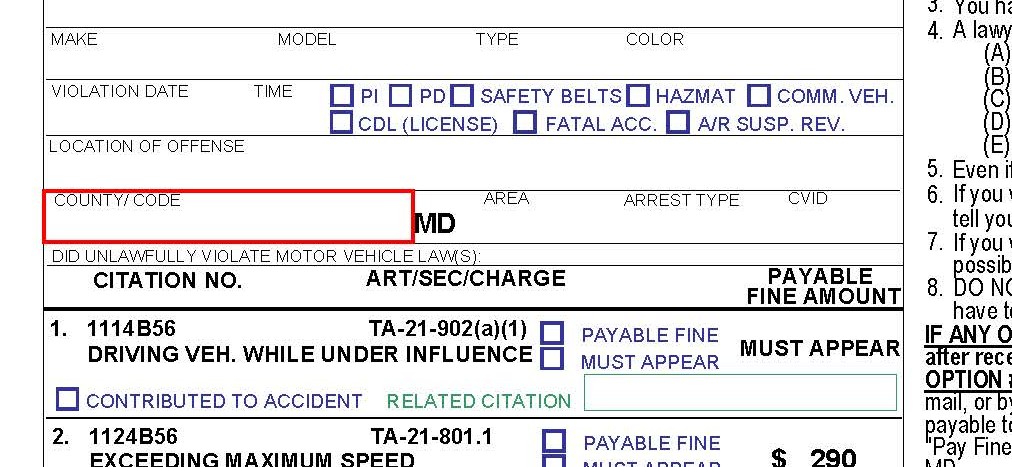People with MS sometimes experience myoclonus. Tonic phasic and spastic.
 Multiple Sclerosis Signs And Symptoms Wikipedia
Multiple Sclerosis Signs And Symptoms Wikipedia
Sign up for the Buzz.

Does ms cause twitching. Facial muscle twitching and trigeminal neuralgia have also been reported in patients. Like most other MS symptoms spasticity is primarily caused by demyelination which in this case increases your muscle tone. Muscle spasms stiffness and weakness.
One of the most common symptoms of MS is muscle spasms and stiffness. There are three types of muscle spasms found in MS they are. Numbness is often an early MS symptom often reported prior to an MS diagnosis.
A muscle spasm is defined as a sudden intense tightening of the muscles. In summary MS as a cause of twitching muscles is a very uncommon occurrence and when it does happen its in the advanced stages of this disease. They can be normal -- a hiccup or a sleep start when youre falling asleep for example -- or they may be a sign of a serious health.
The Essential Guide to Understanding Your Multiple Sclerosis Diagnosis available on Amazon. MS does not usually cause sustained eyelid twitching says Mitzi J. Each one has its own degree of muscle tension and severity.
Because of slow or interrupted nerve impulses your muscles may respond by not relaxing as quickly as they should tightening involuntarily or staying contracted for long periods of time or even constantly. If muscles jerk repeatedly this is known as clonus for example when a foot taps repetitively on the floor. Some people with MS experience other spasms - sudden involuntary movements that can make the arms or legs move in different ways.
Muscle spasms or stiffness affect at least 20 of people with MS at some time. MS can cause your muscles to. Muscle twitching occurs when nerves misfire causing groups of muscle fibers to contract.
Most eye twitches will resolve on their own in time. Myoclonus is sudden muscle spasms that you cant control. Contract tightly and painfully spasm become stiff and resistant to movement spasticity feel weak.
A spasm is a sudden stiffening of a muscle which may cause a limb to kick out or jerk towards your body. Williams is author of MS Made Simple. She is a member of the American Academy of Neurology.
Spasticity is a symptom of multiple sclerosis that causes your muscles to feel stiff heavy and difficult to move. Before you assume that MS is the cause of impaired or decreased taste get your symptoms checked out by your doctor as new loss of taste and smell can also be a symptom of COVID-19. Muscle twitches or fasciculations are a common symptom in other neurodegenerative diseases particularly amyotrophic lateral sclerosis ALS.
However if an eye twitch is persistent it is advisable to contact a doctor. Williams MD clinical neurologist with Morehouse School of Medicine an MS specialist and. Muscle stiffness and spasms are common MS symptoms and are often described as spasticity.
Learn how to control muscle spasms and relieve muscle stiffness caused by multiple sclerosis. Myoclonus is sudden involuntary twitching or quivering of a muscle or group of muscles. This is common to multiple sclerosis MS due to nerve fiber damage that affects signaling between your nerves and muscles.
It seems that many people living with MS also. When affected muscles stretch spasticity may also cause them to jerk in an uncontrolled way a spasm. Drugs and therapies including physiotherapy and occupational therapy can help you manage these symptoms.
It generally affects a persons arms and legs. Spasticity can sometimes be helpful. Although MS can cause an eye twitch so can many other conditions.
MS can make walking and moving around difficult particularly if you also have muscle weakness and spasticity.







:no_upscale()/cdn.vox-cdn.com/uploads/chorus_image/image/67606001/1186781483.jpg.5.jpg)



/ee-savings-bonds-139259410-5ac19e1ca474be0036067b55.jpg)